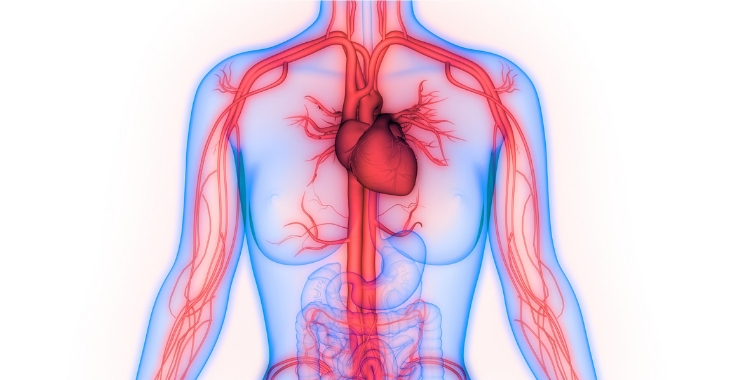Why You Should Never Ignore Chest Pain
Most people know that chest pain can be a symptom of serious heart problems. But often people ignore bouts of chest pain, thinking it may be heart burn or some other fleeting issue. While there are other possible causes of pain in your chest besides a heart problem, it should not be ignored, especially if you have other risk factors for heart disease. Here are some good reasons why you should never ignore chest pain.
Anyone Can Have a Heart Attack
It doesn’t matter how healthy you are or your age – a heart attack can happen to anyone. While it is more likely in an older person with high blood pressure, poor cholesterol, history of smoking or weight problems, heart attacks also occur in healthy, twenty-somethings. Whether it is a sharp pain or a dull, heavy pain in the chest, you could be having a heart attack.
Something Is Causing the Pain
Even if it is not your heart, if you have chest pain, something is wrong. It may be a gall bladder blockage or acid reflux, but there is an issue. Getting your heart and other organs checked out to find the source of the pain is a good idea.
Many Cardiovascular Patients Have a History of Chest Pain
Those that have experienced a heart attack, had an embolism or angina often admit they have had chest pain at some point in the past. This pain can be a warning to let you know something is wrong. It can also be the first symptom of a serious attack.
Never ignore chest pain, no matter how brief or infrequent. Check with your doctor and see a cardiologist to schedule a cardiac consultation if you have any other risk factors for heart disease or cardiovascular problems.
Posted on behalf of:
Corrielus Cardiology
7452 Ogontz Avenue
Philadelphia, PA 19138
(215) 383-5900
The information provided on this website, including text, graphics, images, and other materials, is intended solely for informational purposes and should not be used as a substitute for professional medical advice, diagnosis, or treatment.


)